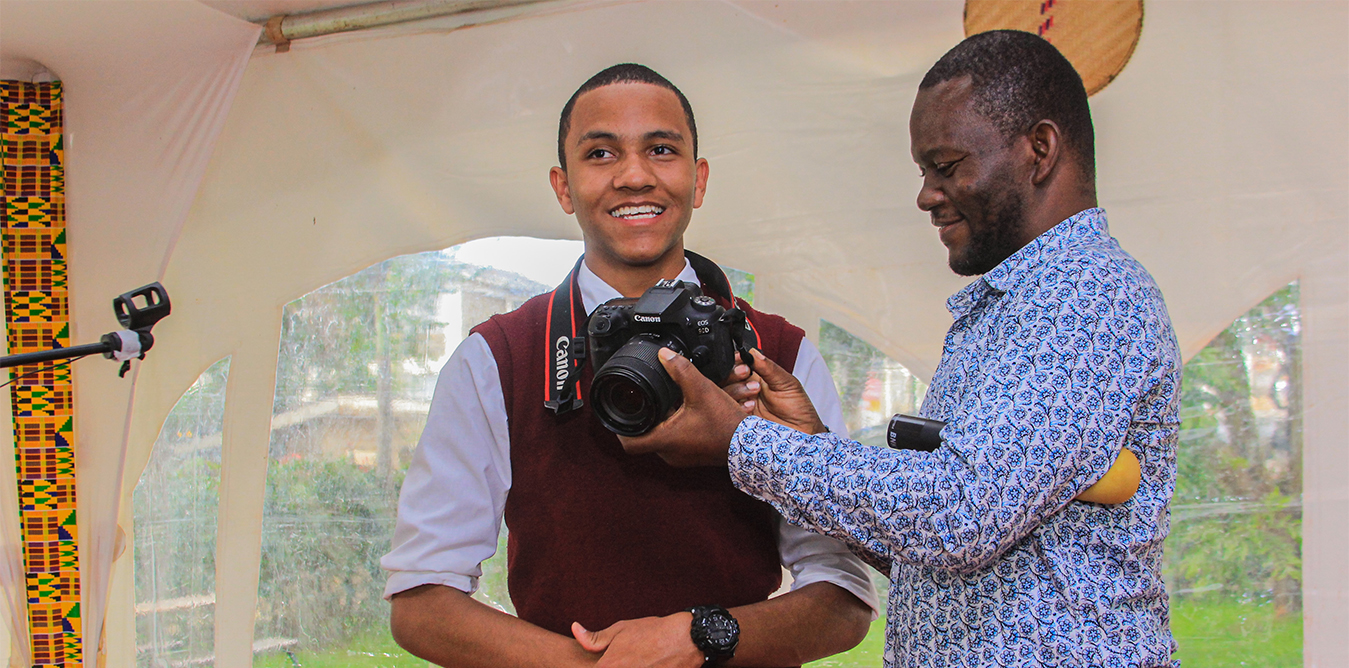Internet Freedom Project. Freenet Films

About the project
Kenya Community Media Network (KCOMNET) partnered with the four Brazilian organizations which are jointly running the freenet film project to hold the first Freenet video workshop in Kenya. The workshop was part of the project’s process of finding and gathering cases that demonstrate the importance of guaranteeing online freedom of speech and also cases that show manifestations of these freedoms locally. The workshop engaged audio-visual and human rights activists to discuss issues pertaining to internet freedom and governance in the Kenyan context.
Representatives from civil society, human rights, internet governance and film production participated in the week – long workshop to discuss and debate around five themes pertaining to internet freedom and governance: Access to content, Freedom of expression, Net Neutrality, Access to connectivity and Privacy.
Presentations and case discussions done on the first phase of the workshop provided background and context around the five themes which are the basis of the project and mapped the local realities of what is at stake in the Kenyan internet. The presentations covered a variety of topics: Why internet and human rights should come together; internet freedom and rights for local communicators; Internet Traffic and mobiles monitoring in Kenya and Access to Internet as an enabler of rights.
There was a strong consensus among participants that enormous challenges still exist in giving full effect to online free speech as Internet is still largely a Nairobi phenomenon, and has not penetrated deeply into the country as a whole. Significant action is still needed to address issues of access. Further, the high cost of mobile devices and internet remain a stumbling block for Kenyans to use the web. It emerged during the plenary sessions that the real challenge is how to fully exploit the opportunities provided by the internet without compromising civil liberties, including the right to freedom of expression and also to privacy.
The second phase of the workshop kicked in with intensive hands on exercise. After identifying case stories the participants divided into two groups to elaborate their scripts, plan for production and editing. One group set out to the remote village of Isinya to film their documentary story. The other group developed their stories in the city largest slum, Kibra and in Nairobi city centre. Editing went on till late night leaving no time to conclude the workshop formally. The workshop ended unsystematically.
The outcome of the workshop may be summarized as follows:
- The participants were able to share their knowledge and experience of internet free speech and map the local realities of what is at stake in the Kenyan internet.
- Five themes pertaining to internet freedom and governance that are the basis of the project were described and discussed in the Kenyan context: Access to content, Freedom of expression, Net Neutrality, Access to connectivity and Privacy.
- The workshop enhanced the audiovisual capacities of local communicators for human rights activism
- The participants produced three short films which are now embedded in the freenet collaborative film platform, www.freenetfilm.org and are viral on Freenet Youtube channel.
The video filmed in the remote village of Isinya portrays people of different ages talk about the impact of Maarifa Centers on their lives and how communities are benefiting. The Centers are oases to internet access in disconnected regions. The Maarifa Centres are spaces that offer free internet access to citizens in remote areas without guarantee to the freedom of expression.
___________
All participants were given the opportunity to give feedback to the organizers and to reflect on how they are going to utilize what they gained during the workshop. Anonymous evaluations by participants were generally very positive. The participants valued the unique opportunity to participate in the freenet film project and were inspired by the workshop to further strengthen human rights activism in the internet


